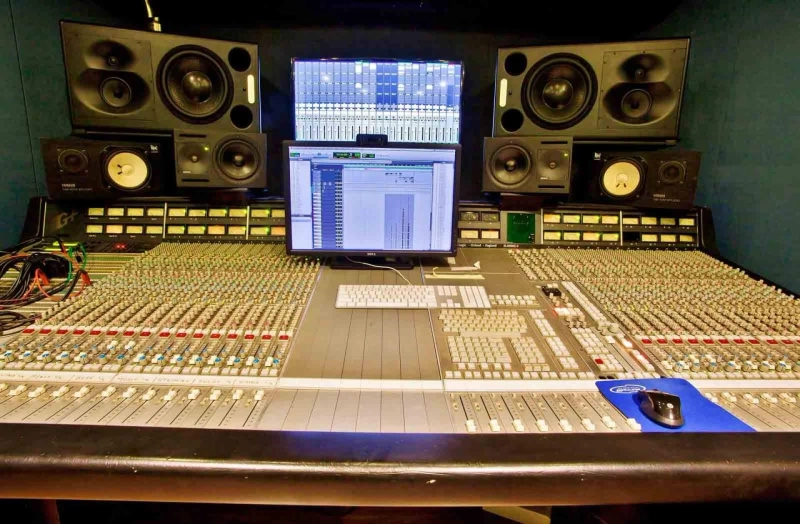Sound engineering is a course helpful in learning the process of designing, creating, and maintaining sound production systems for various industries. Sound is used in many different applications such as movies, music, television and the military. It is important for many reasons including making things audible and allowing people to understand what is happening around them.
However, Sound is divided into two main categories, Loudness and timbre. Loudness is the measure of how loud a sound is and timbre is the measure of how different sounds are perceived. a person will come to know about it and other aspects when they join the sound engineering classes.
if you are someone planning to go for it, keep reading as here I will be sharing all the information in link with it in detail!
Understanding about Sound engineering classes:
Sound engineering classes can help students understand the basics of audio production. The sound engineers use a variety of techniques to create music, sound effects, and video games. These classes can cover music, video game audio, or just about any other aspect of audio production.
There are many different types of courses that one can take, so it is important to find the right one for what one wants to learn. By learning about sound engineering, students can create sounds that represent different ranges of quality and that can be used in various applications.
Role of a sound engineer in music production:
When it comes to music production, the role of a sound engineer can be vital. Depending on the project, a sound engineer may be responsible for creating the audio tracks, mixing the songs together, and providing feedback to the producers. Lets discuss about their role in detail: -
· Sound production: How sound is created and used in music:
Sound production is the process of creating sounds within a music composition. The creation of sound is based on the use of various technologies, such as microphones, speakers, and audio software. Sound engineers work with these technologies to create soundtracks and other audio works. They also learn about these in music production courses in Mumbai and learn about the process to create an effective sound within music by manipulating the sound waves created by various devices.
· Acoustics: how sound interacts with other objects in a room or environment
Sound engineers design and engineer music, sound effects, and other audio components for various applications in the workplace. They use a variety of tools to create the perfect sound for each situation. Acoustics is the science behind sound and how it interacts with other objects in a room or environment. By understanding how sound travels through air and other materials, engineers can create the perfect audio experience for their clients.
· Mixing: The process of creating a mix from audio recordings
Sound engineers mix sound recordings to create a mix, which is an assemblage of all the audio elements that make up a track. This takes into account the voices, music, and sounds of different objects or people to create a unique listening experience. Mixing is an essential part of audio production and can create a unique listening experience for listeners.
· Recording and production: Processes that are in use to create music and videos:
Sound engineers are responsible for the recording and production of music and videos. They work with audio and video producers to create a product that is both unique and popular. Sound engineers often use their experience and skills to help produce videos that are viewer-friendly and appealing to a wide audience.
Conclusion:
In conclusion, sound engineering courses can help students develop the skills they need to create great audio experiences. Course material covers a variety of topics, including sound design, sound wave theory, and sound production. But it is important to reach out the best sound engineering colleges in Mumbai to learn about all of these. In case the same is not in consideration one will not be able to learn about the course successfully!
0



